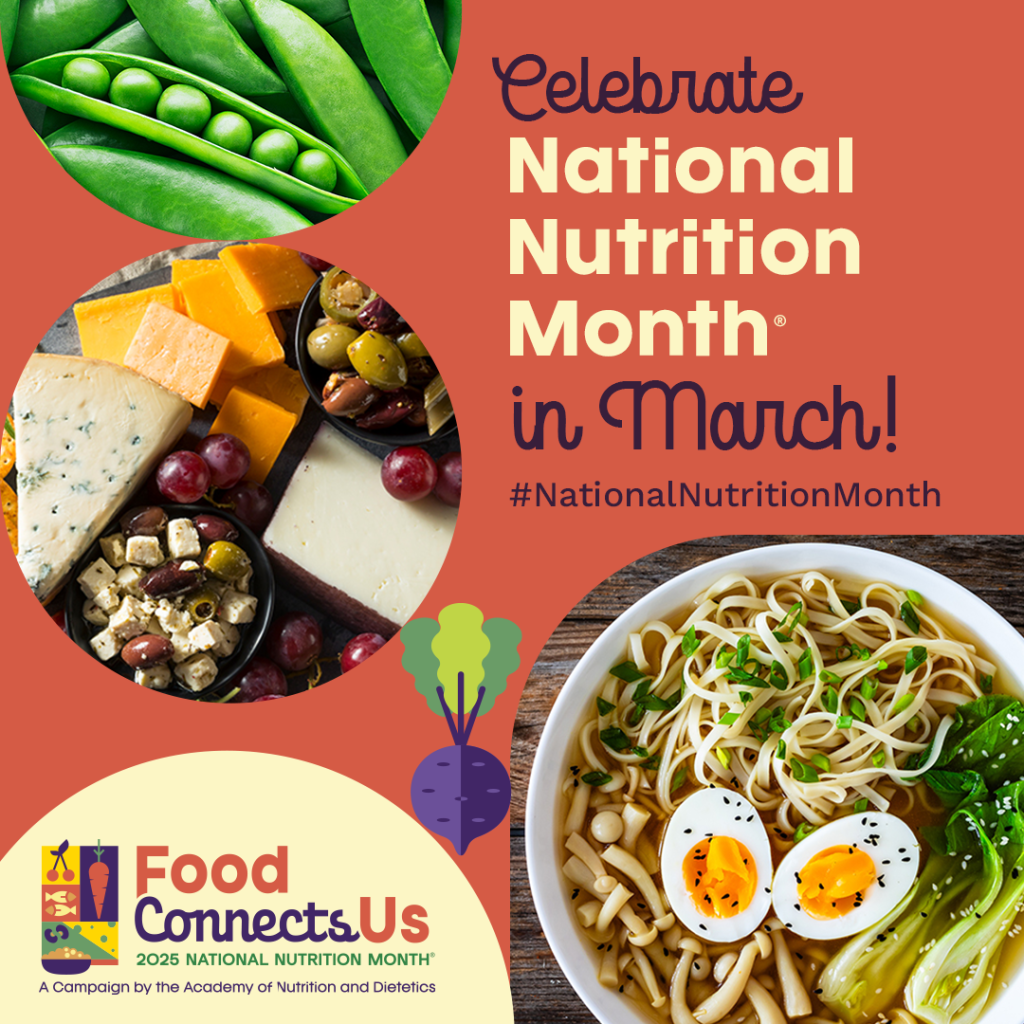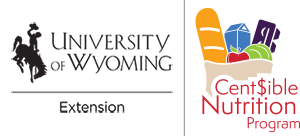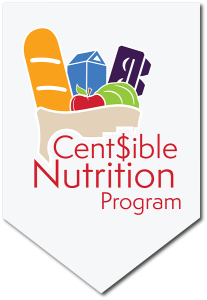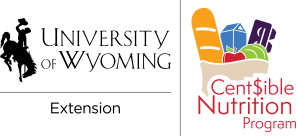March 2025
March is National Nutrition Month ® and this year, we’re focused on how food connects us. Food is often a foundation for our relationships, traditions, and culture. It is also a key part of our health, both today and in the future. The Dietary Guidelines for Americans focus on the importance of eating a variety of foods from around MyPlate. This includes fruits, vegetables, dairy, grains, and protein.
Often, when people think about eating healthy, they think about what they need to limit or take away. Restrictive diets come in and out of fashion, but a balanced diet isn’t about restriction. Instead, it includes foods from all the food groups in ways that meet your individual, familial, and cultural needs. Thinking about what you can add to your plate may be an easier and healthier way to connect with your food and health.

Tips for connecting through food:
- Add variety to your plate. Variety provides new flavors and textures. It also helps ensure you get all the nutrients you need for good health.
- Try cooking at home more often. Cooking at home lets you have more control over what you are eating. It gives you the opportunity to add different foods to your plate or try new ways of cooking that benefit health.
- Make a small switch to boost nutrition, like adding some fruit for snack or a vegetable to dinner.
- Plan to eat more meals with family, friends, and/or community during the week. Start with 1 or 2 days, as your schedule allows. Food has a way of bringing people together. Meals can be a space for connecting with others and making memories.
- Give family members a role in meal planning and let them pick out different recipes to try. Let everyone help with food preparation — a valuable skill for people of all ages. If you have kids, there are age-appropriate tasks they may enjoy learning how to do.
- Practice mindful eating by limiting screen time at mealtime — including phones, computers, TV and other devices.
- Bring out the flavors of food by trying new herbs, spices, or citrus fruit such as lemon or lime.
- Talk to your healthcare provider about how food can help you manage your health. There is a connection between a balanced diet and managing or preventing chronic diseases. A healthcare provider or registered dietitian can help you connect food to your health.
It is never too late to make a small change for your health. Small changes add up and can make a big difference over time. For more information on eating healthy, consider taking a Cent$ible Nutrition Program class or visit the MyPlate website.
Tips adapted from: 50 Ideas to Get Involved in National Nutrition Month®. Sarah Klemm, RDN, CD, LDN and Jill Kohn, MS, RDN, LDN. February 6, 2023. https://www.eatright.org/health/wellness/awareness-campaigns/50-ideas-to-get-involved-in-national-nutrition-month


